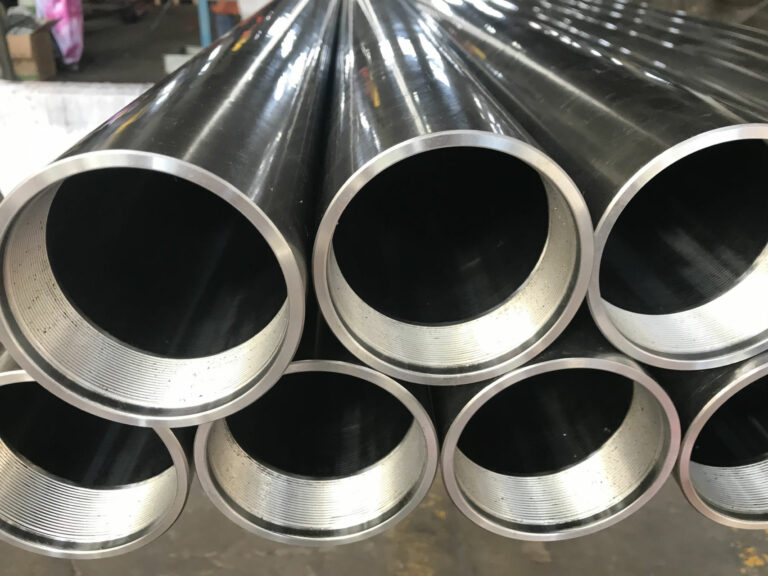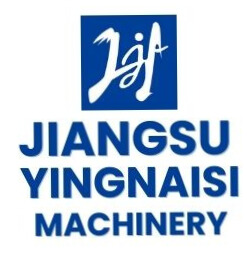ESP Tubing for Oilfields: Key Specs You Need to Know
In the oil and gas industry, Electric Submersible Pumps (ESP) play a vital role in artificial lift systems. One of the most critical components in an ESP system is the tubing that houses and protects the downhole pump cable, supports mechanical integrity, and ensures stable fluid production. Choosing the right tubing is crucial for operational efficiency and longevity.
In this blog, we’ll walk you through the key specifications to consider when selecting ESP tubing for your oilfield projects.
1. Material Grade Matters
ESP tubing must withstand high pressure, corrosive fluids, and temperature fluctuations. Common materials include:
Carbon steel (e.g., AISI 1026, 25Mn) – Cost-effective, suitable for general applications.
Stainless steel (e.g., AISI 304, 316L, 321) – Ideal for high-corrosion environments.
Customized GOST materials – For Russian and Eastern European clients.
Always ensure material certifications (e.g., GOST 21474-75, ASTM, EN standards) are provided by your supplier.
2. Precision Tolerances
To meet the tight tolerances required in ESP systems, cold drawn or cold rolled processes are preferred. Key parameters include:
OD tolerance: ±0.2mm or tighter
Wall thickness tolerance: ±10% or as per customer request
Straightness: ≤0.5mm per meter
Ovality and eccentricity: controlled as per ESP system specifications
These tolerances help reduce vibration, improve sealing, and ensure smooth assembly in downhole systems.
3. Surface Condition & Finish
A smooth internal and external surface is crucial. Look for:
Annealed finish to ensure ductility and mechanical strength
Deburred and cleaned inner wall to avoid damaging cables or sensors
No rust, scale, or oil contamination
Your supplier should provide ultrasonic or eddy current testing upon request.
4. Length & End Processing
Tubing for ESP systems is often supplied in fixed lengths (e.g., 5.8m, 6m, 12m), and can be customized with:
Threaded & coupled ends
Beveled or plain ends
Protective caps and packaging
Some applications also require internal coating or phosphating to enhance corrosion resistance.
5. Mechanical Properties
Ensure your tubing supplier provides full mechanical property reports, including:
Yield strength
Tensile strength
Elongation
Hardness (HRB/HRC)
These should align with project-specific technical requirements.
6. Quality Assurance & Documentation
A trustworthy supplier will provide:
Material Test Certificate (MTC)
Dimensional inspection report
Third-party inspection if needed
Traceability from raw material to finished tube
✅ Conclusion
Choosing the right ESP tubing is not just about the material — it’s about precision, performance, and reliability in extreme conditions. At Jiangsu Yingnaisi Machinery, we specialize in custom-made cold drawn seamless tubes for ESP applications. With over 15 years of export experience and compliance with GOST, ASTM, and ISO standards, we ensure the quality you need.
📩 Contact us today to discuss your ESP tubing project or request a sample!


